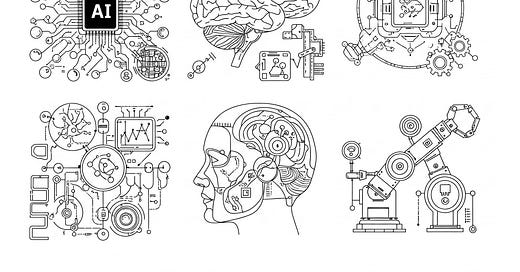Shteynberg, G., Hirsh, J. B., Wolf, W., Bargh, J. A., Boothby, E. J., Colman, A. M., ... & Rossignac-Milon, M. (2023). Theory of collective mind. Trends in Cognitive Sciences, 27(11), 1019-1031.
This paper introduces the concept of "collective mind," which is the human ability to represent a shared mental state among a group, differing from the traditional "theory of mind" that focuses on individual, distinct mental states. It argues that humans can perceive "we" awareness in addition to "I-you" distinctions, especially when experiencing information synchronously with others. This collective mind representation leads to psychological amplification of shared stimuli, strengthens relational bonds, and increases cooperation, as it reduces cognitive load by eliminating the need for complex recursive inferences about individual minds. The paper distinguishes between representing a shared awareness of the world (collective reality) and representing a shared awareness of the group's internal state (collective psychology), emphasizing that both are crucial for understanding how humans achieve cooperation and common knowledge.
Theory of Collective Mind
How Shared Minds Shape Our World
Jun 09, 2025
Listen on
Substack App
RSS Feed
Recent Episodes













Share this post